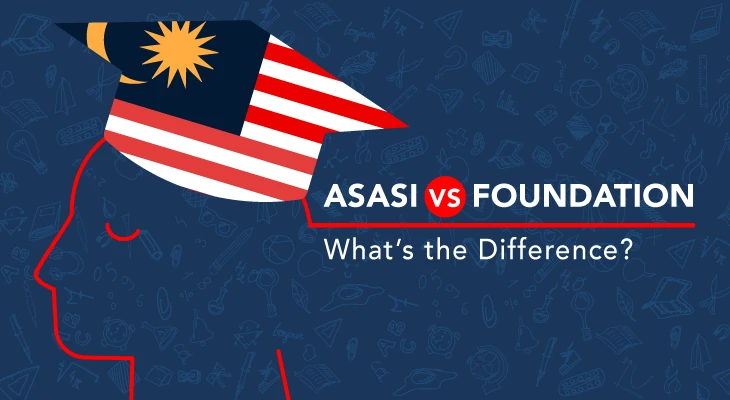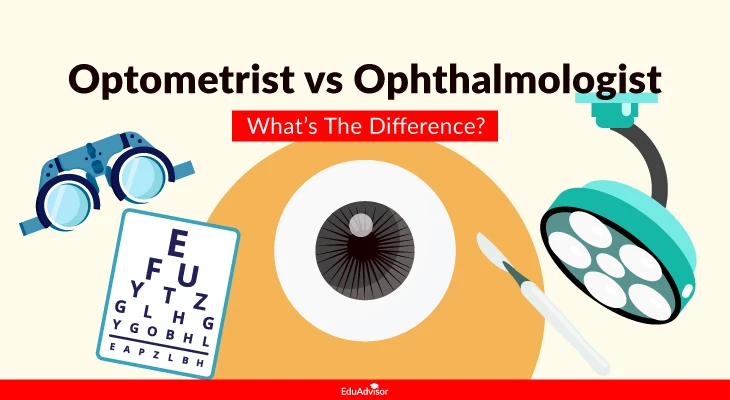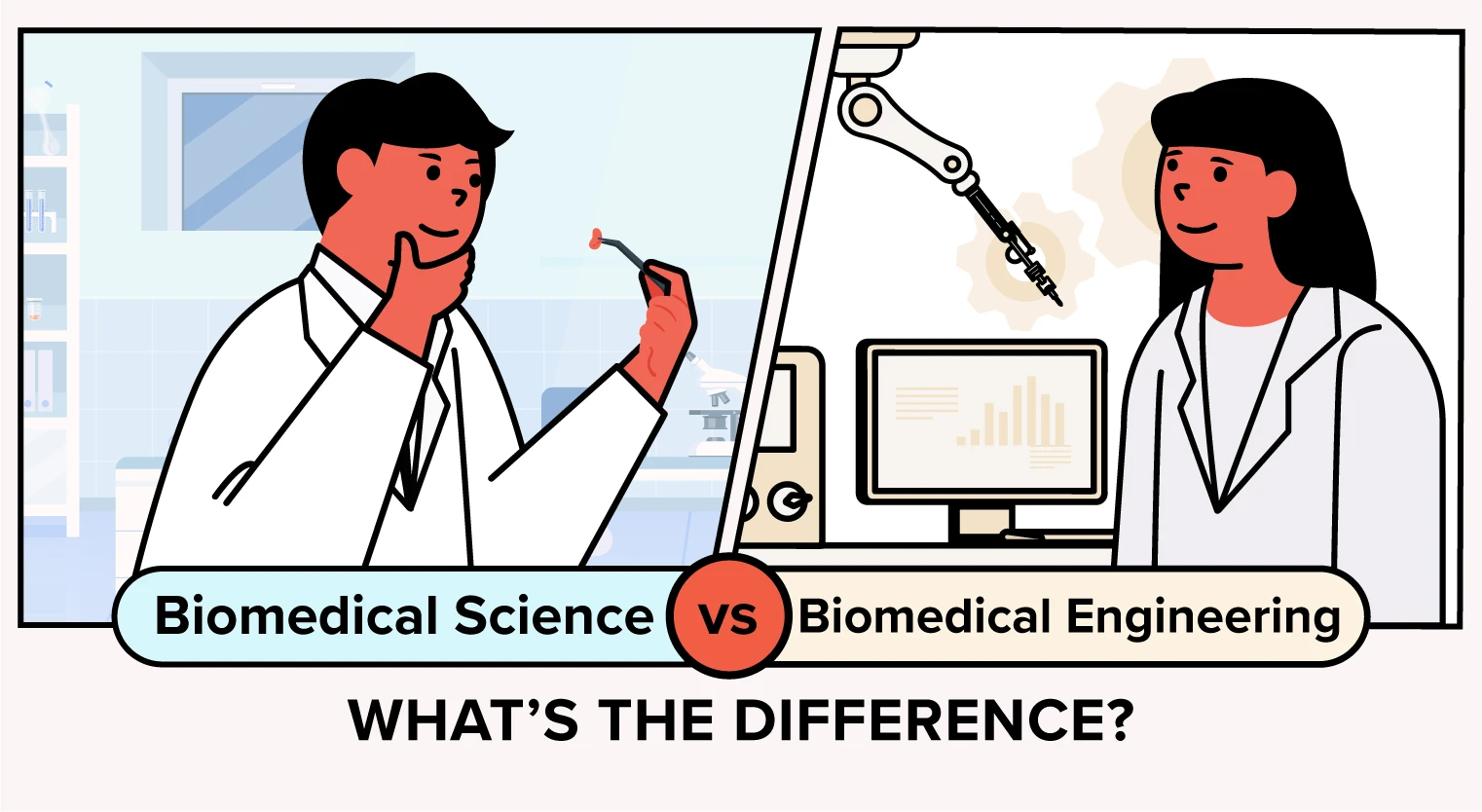Medicine vs Pharmacy: Which To Choose?
Medicine or pharmacy? Here are some key differences between the two fields to help you decide.
Updated 23 May 2022
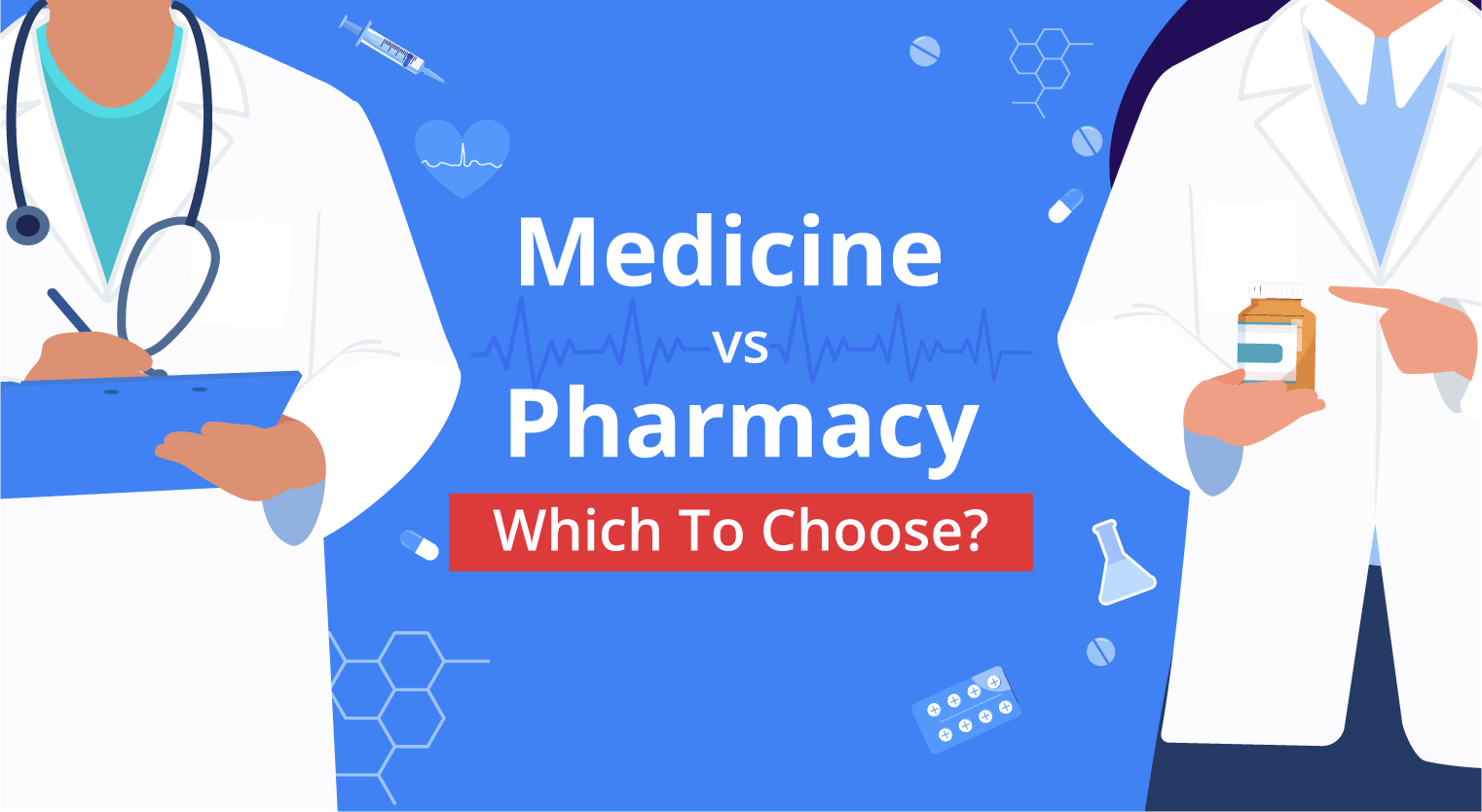
So you want to work in healthcare but aren't sure if you should be a doctor or a pharmacist. What’s the difference between medicine and pharmacy? Which degree is more difficult? And of course, there’s the age-old question of who makes more money, a doctor or a pharmacist?
This article will go over the key factors to consider when deciding whether to pursue a career in medicine or pharmacy.
#1. Medicine focuses on the treatment of patients while pharmacy focuses on the medication
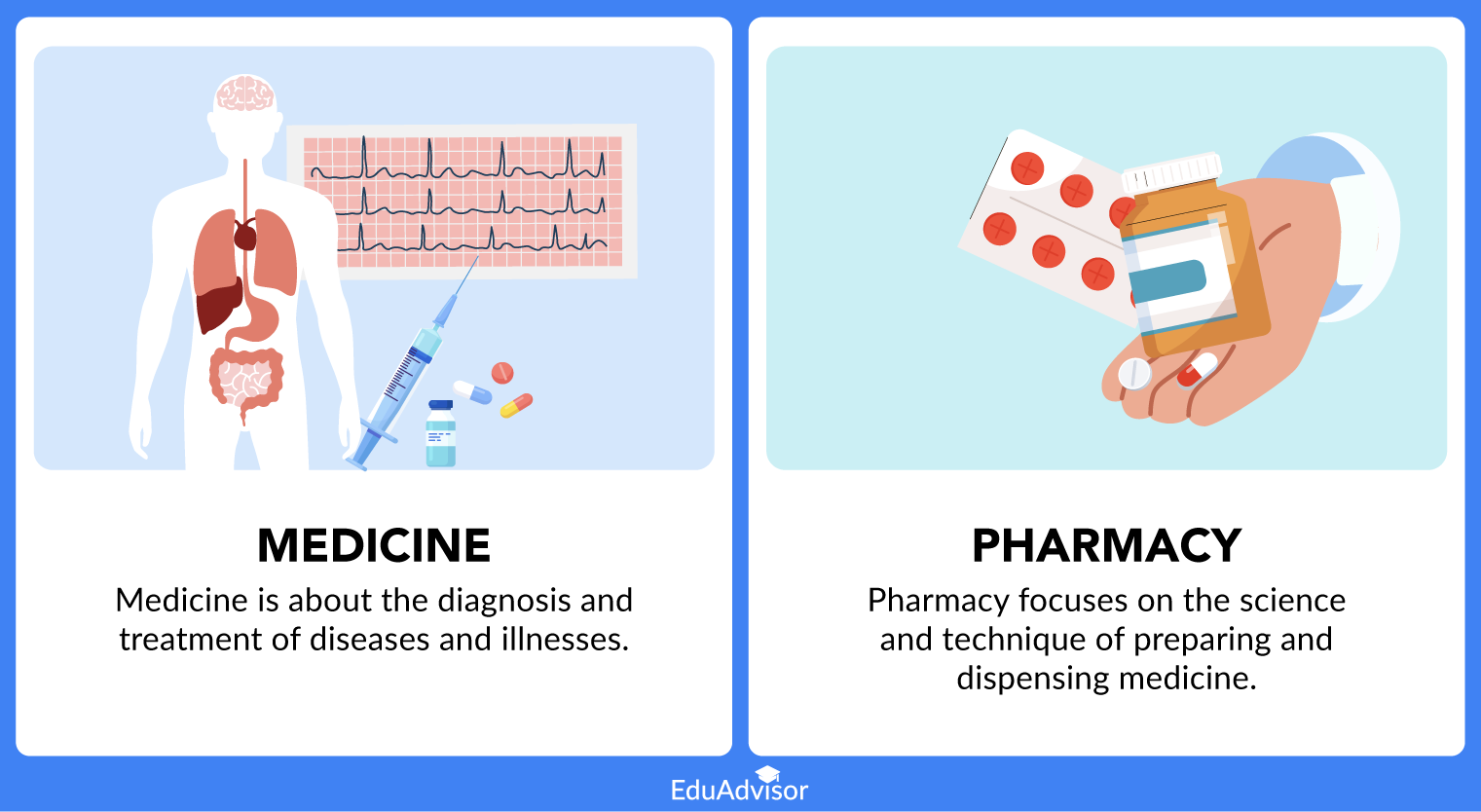
Medicine is about the utilisation of healthcare practices to maintain and restore the health and wellbeing of a person. The primary role of a doctor is to diagnose sicknesses, diseases and injuries and determine the best treatment, which includes prescribing medication.
Pharmacy, on the other hand, is focused on the science and technique of preparing and dispensing medicine. Pharmacists take great care in ensuring that the medications are prescribed correctly, taking into account considerations such as drug interactions, side effects and a patient’s physiology.
In short, medicine is about the process of the treatment, which includes meeting with patients, diagnosing illnesses and administering treatment. Meanwhile, pharmacy is about the medication that treats patients, ensuring that they are suitable and effective.
If you enjoy meeting people, a career in medicine may be a better fit for you. This is due to the fact that while pharmacists do interact with patients, they do not always work directly to provide medical treatments and evaluations.
#2. A medical degree takes longer to complete compared to a pharmacy programme
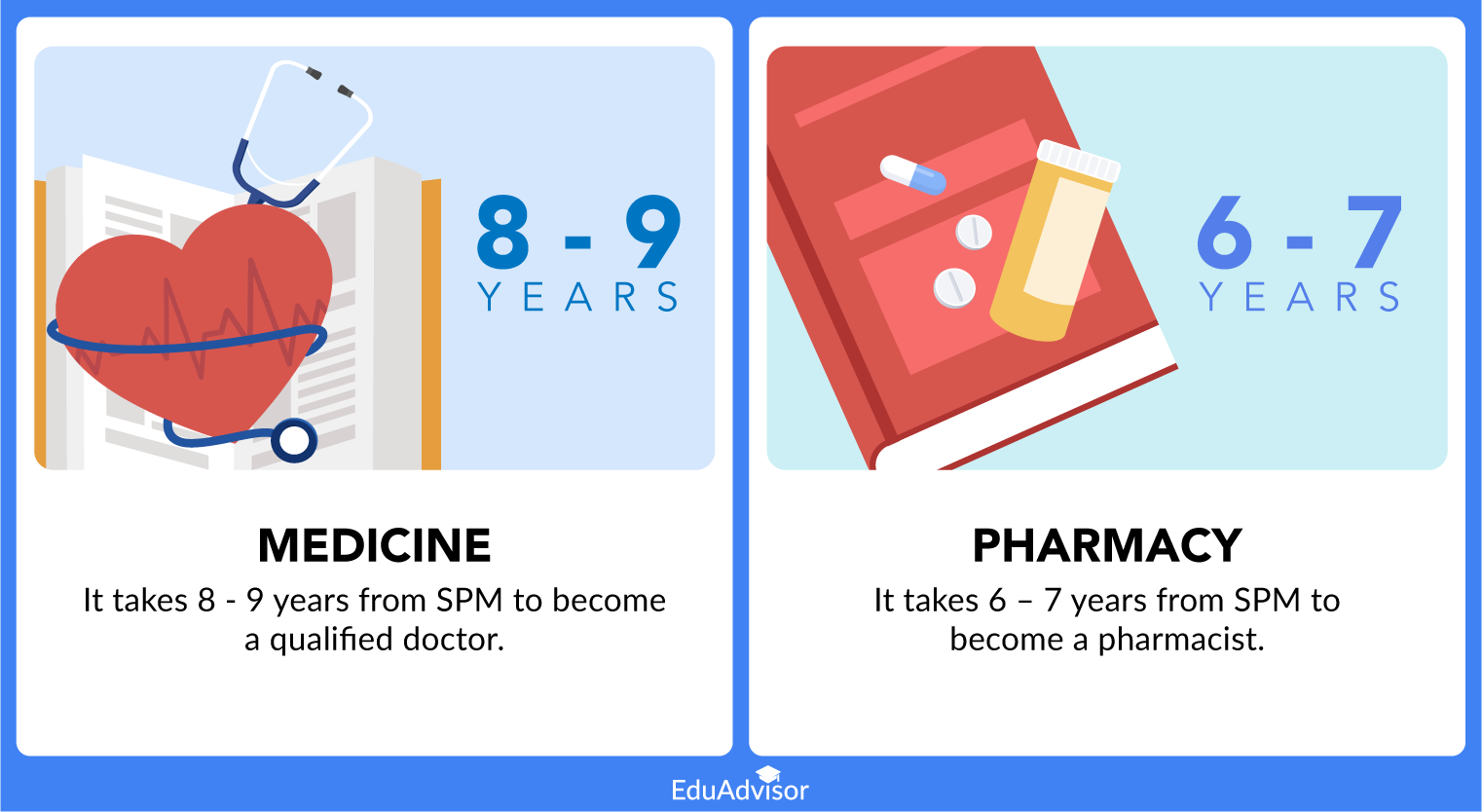
In Malaysia, a medical degree typically takes up to 5 years. This excludes the compulsory internship, commonly referred to as housemanship, which takes 2 years to complete. If you take into account your pre-medical study, MBBS degree and housemanship, you’re looking at around 8 – 9 years of study to become a doctor from SPM.
In comparison, the pathway to become a pharmacist is shorter. For starters, a degree in pharmacy is only 4 years long. In addition, the compulsory service for pharmacy graduates is 1 year compared to the 2-year housemanship for medical graduates. Combine your pre-university study, pharmacy degree and compulsory service and you’ll find that you only need 6 – 7 years to become a pharmacist from SPM.

#3. Medical degrees are usually more expensive compared to pharmacy degrees
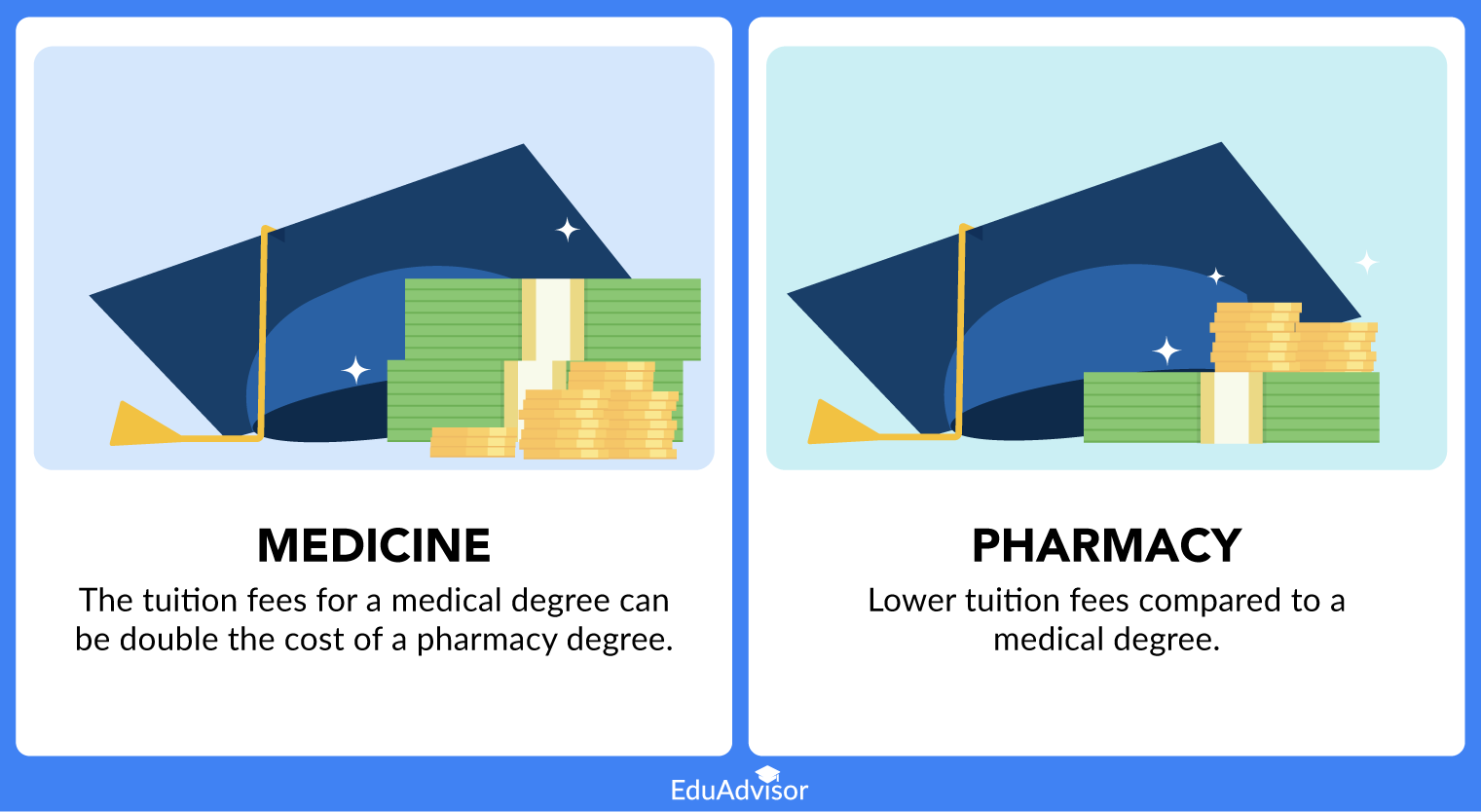
Pursuing a degree is not cheap. But an MBBS degree stands out. In Malaysia, the tuition fees for a medical degree can be double the cost of a pharmacy degree at the same university.
This shouldn’t come as a surprise. After all, training the next generation of doctors is no easy job. As a medical student, you’ll be staying in medical school longer. Not only that, but you’ll also need state-of-the-art facilities for clinical and practical training.
This doesn’t mean that the same care is not applied to pharmacy and other programmes. But the reality is that medicine is just so much more expensive. So if money is an issue, you might want to consider pursuing pharmacy instead.
Apply for university with EduAdvisor
Secure scholarships and more when you apply to any of our 100+ partner universities.
Start now#4. Your career options will be different for medicine and pharmacy
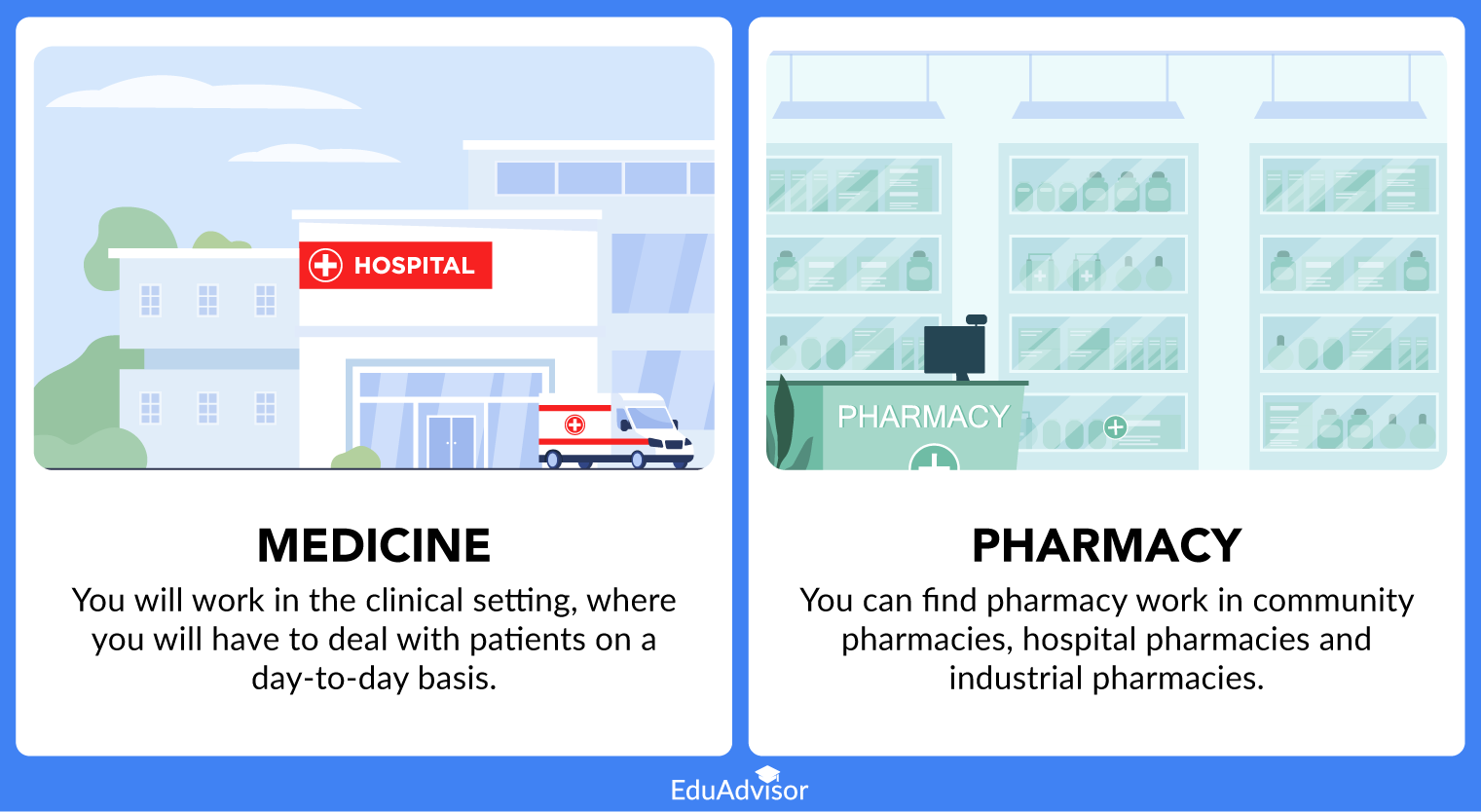
As an MBBS graduate, the natural path is for you to become a doctor. You may find yourself working in government or private hospitals and clinics treating patients full-time. At the same time, you can also join an academic institution to teach or do research. Some doctors also assist with developing healthcare policies.
Similarly, most pharmacy graduates pursue careers as pharmacists. Depending on your interests, you can work in community pharmacies or hospital pharmacies. There’s also the option to go into industrial pharmacy where you’ll be involved with the manufacture and quality control of medicines.
What’s crucial to note is that while a degree doesn’t determine your future path completely, medicine and pharmacy are very specialised fields. This means that you cannot be a doctor with a pharmacy degree, nor can you be a pharmacist with a medical degree, without going through proper education and training.
#5. Doctors interact more often with patients compared to pharmacists
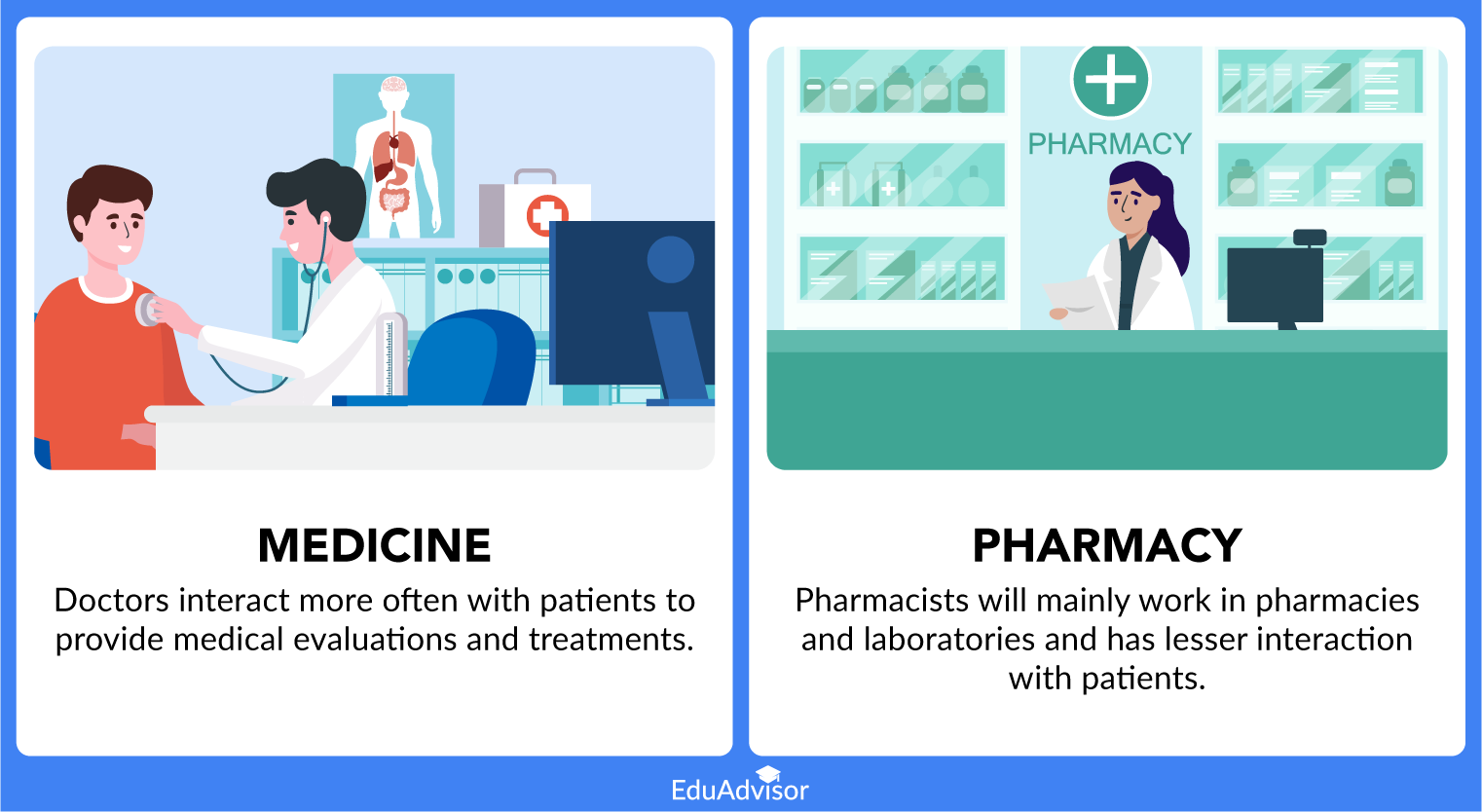
Pharmacists primarily work in pharmacies and laboratories. Occasionally, you’ll talk to patients about how to accurately take their medications but more often than not, you will not be working directly with patients to provide medical evaluations and treatments.
In contrast, a doctor will often be required to interact with their patients, from asking about symptoms and medical history to explaining what is wrong with the patient. It takes a lot of tact and while it’s not an impossible task for an introvert, it might still be less preferable compared to a pharmacist's more sheltered work environment.
When deciding whether to choose medicine or pharmacy, consider whether or not you’re a people person. If you are, then you might enjoy working as a doctor where you will have to interact with patients all day long. If you’re an introvert, this may be tiring.

#6. The salary range for doctors and pharmacies differ
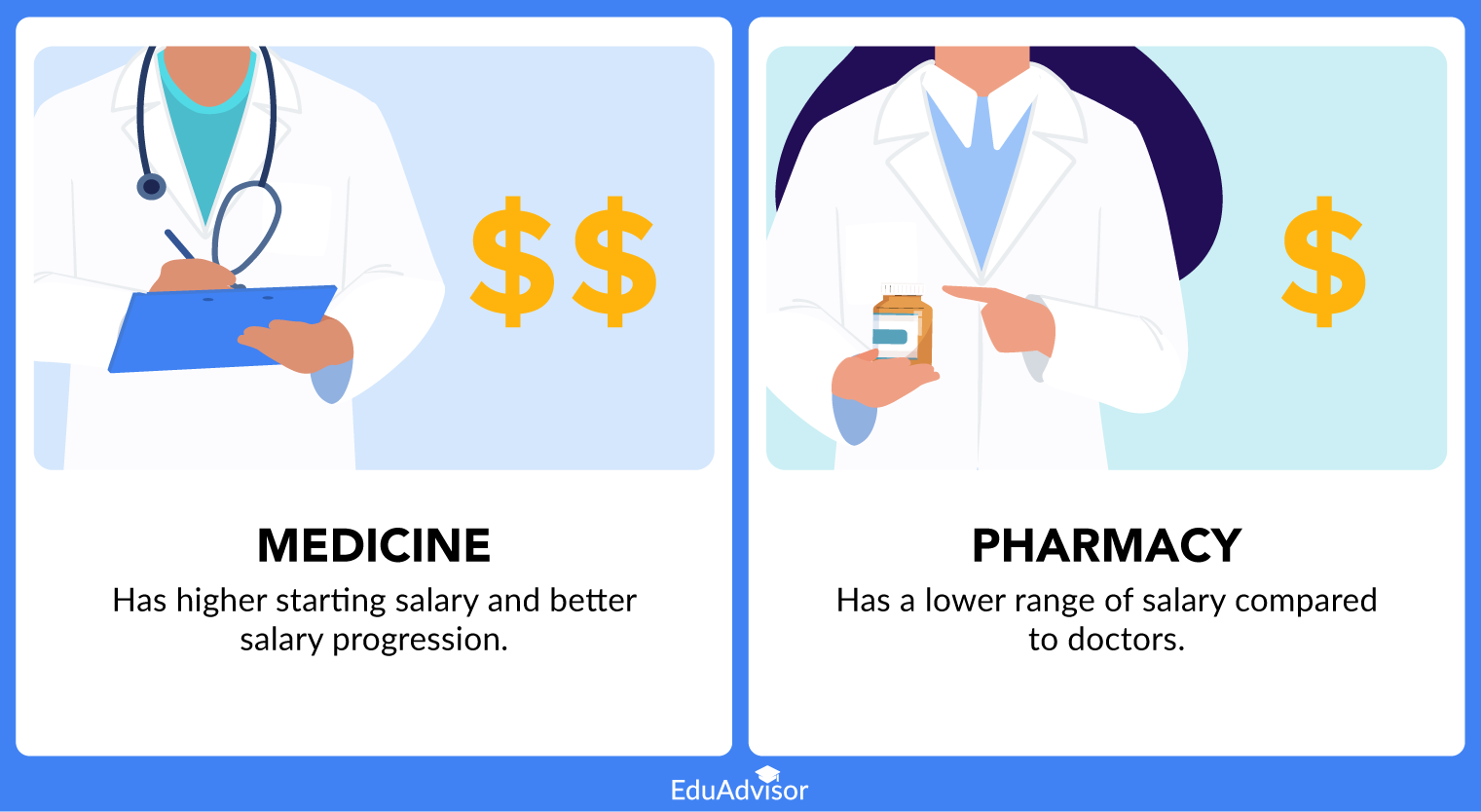
Another factor to consider is how much you’ll be making once you’ve graduated. After all, you’re probably going to be stuck in the same career for a while. So knowing how much you can make is important.
Unfortunately, comparing salaries isn’t that straightforward. As an indicator, however, if you were to work with the government, the Suruhanjaya Perkhidmatan Awam (SPA) has a higher starting salary for medical officers at RM2,947 compared to pharmaceutical officers at RM2,740. Doctors also seem to have a better salary progression with the highest salary listed as RM13,256 compared to pharmacists at RM9,656.
It’s important to note that a variety of factors can influence salaries for the same occupation, such as experience and skill, specialty, location and job responsibilities. So use this as a reference carefully.
So have you decided which field you want to pursue? Medicine and pharmacy are both important in their own right and each has their own merits.
Regardless of which you choose, make sure to go with the one that meets your needs and ambition. After all, you’ll be spending years in these fields.




